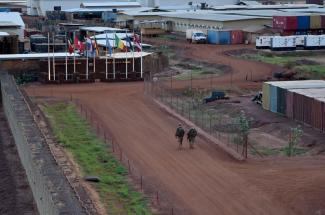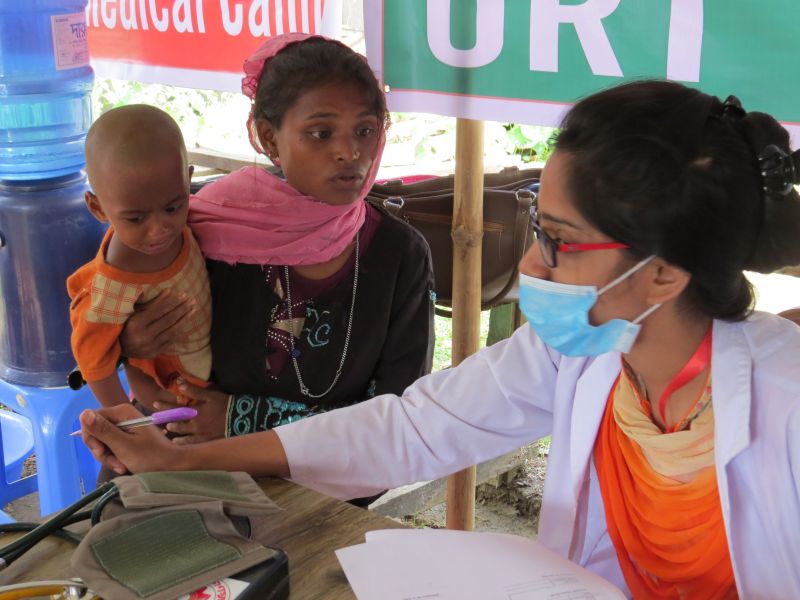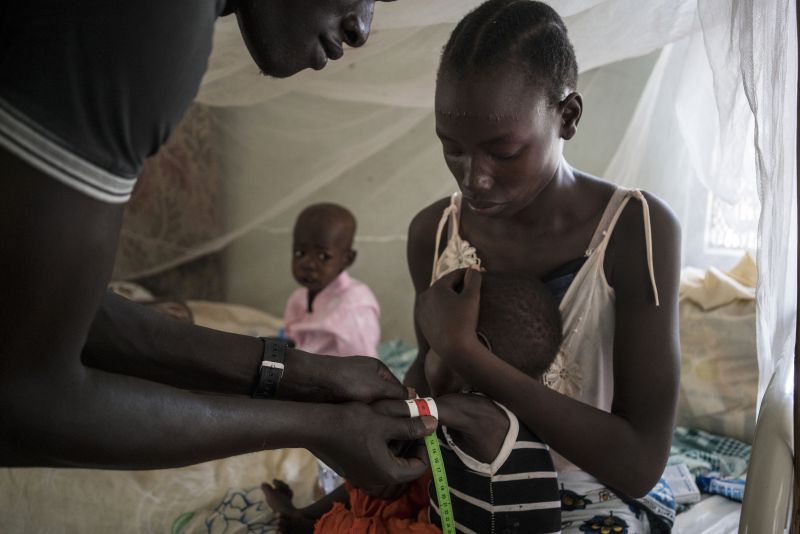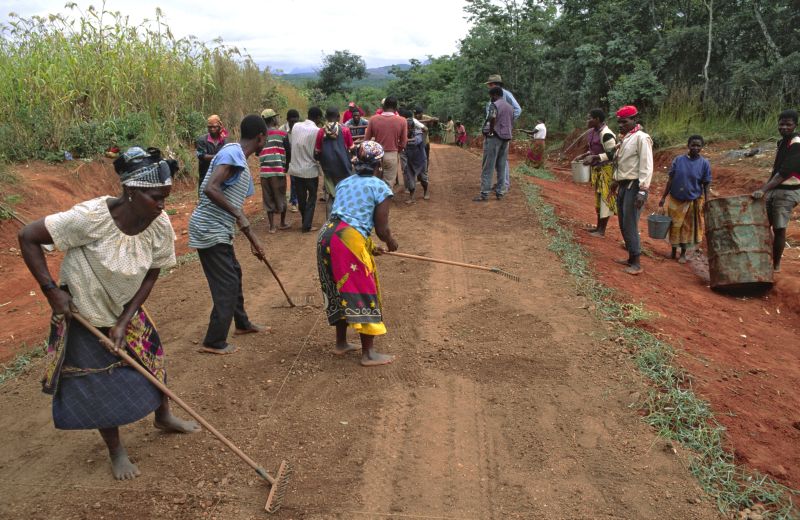G5 Sahel Joint Force
Pulling together

In November 2017, the G5 Sahel Joint Force sent out its first deployment of soldiers to patrol the borders of Mali, Niger and Burkina Faso. Up to 5,000 G5 Force soldiers will ultimately counter the spread of Islamic terror in hard-to-control desert areas.
In itself, the new peacekeeping force is actually a good idea. More than a dozen Islamist organisations, including Al Qaida in the Islamic Maghreb (AQIM) and Ansar Dine, are active in Mali and neighbouring countries. Group affiliations tend to be fluid, and the Sahara desert offers extremists the unlimited freedom of a vast and uncontrolled space. Compounding problems, the Islamist extremists often join forces with criminal networks of human traffickers and drug smugglers in the desert.
The security situation became more complicated five years ago when Islamist-backed nomadic Tuareg rebels from northern Mali seized large swaths of the country. The French military intervened, halting the rebels before they could capture Mali’s capital city, Bamako. A tentative peace accord has since been reached between the Mali government and the powerful Tuareg groups, but the situation remains unstable. Militant groups are splintering, with members joining terrorist outfits or crime organisations.
Numerous international forces are involved in rising to the region’s security challenges. With the help of drones, fighter planes, helicopters and cargo planes, roughly 4,000 French soldiers have taken part in the “Barkhane” counter-terrorism mission. France strongly backs the G5 Joint Force. Whether the two counter-terrorism missions will really take the coordinated approach that success depends on, however, remains to be seen.
The track record of military cooperation is not reassuring. Along with French troops, UN blue helmets are on the ground as part of the MINUSMA peacekeeping mission. The 11,299 police officers and soldiers from 53 countries are supposed to:
- monitor the peace between the government and the rebels,
- prevent a resurgence of the violence and
- protect civilians.
Germany’s Bundeswehr is contributing some 900 soldiers to the mission, primarily to provide surveillance in the Gao region of northern Mali. But even inside MINUSMA, communication is erratic and flawed at best. Reports from the Bundeswehr’s fact-finding mission are often late to reach the field camps of troops from Bangladesh, China or Burkina Faso, if they arrive at all. Such failure can generally be attributed to incompatible systems of military leadership and communication. German forces share a camp with their Dutch counterparts, and a fence separates them from other nations’ blue helmets, even though all are part of the same UN peacekeeping mission. This scenario illustrates how slow and difficult the flow of information can be inside a single, unified military mission. National idiosyncrasies and safety regulations often hinder coordination.
The flow of information between MINUSMA and Barkhane has also been limited. There are few – if any – signs of coordination or even concerted action. This is in part by design: Germany’s Federal Government has clearly stated its soldiers must not be involved in active combat. The German public is more willing to accept peacekeeping efforts like MINUSMA than anti-terrorist campaigns in the course of which German soldiers might be killed.
The people of Mali are growing frustrated, however. They see little of the peace that has been declared. In the turbulent north and increasingly in central Mali too, deadly Islamist attacks on villages are the order of the day, and so are forced conscription and bribery at illegal checkpoints. The public’s fury is increasingly directed at the international troops who always seem to be absent when they are needed most. All in all, there are very few indications that involving another military stakeholder like the G5 will improve the situation on the ground.
Julia Maria Egleder is a member of the editorial team of Loyal, the monthly magazine published by Reservistenverband, the association of German reserve soldiers.
julia.egleder@fazit-communication.de











